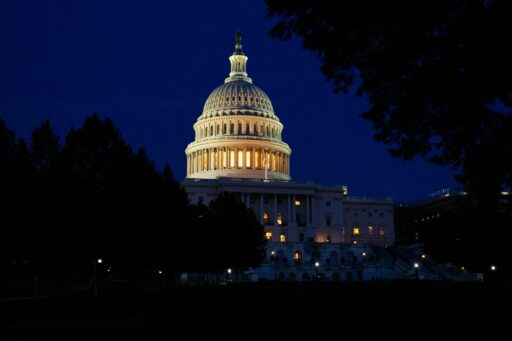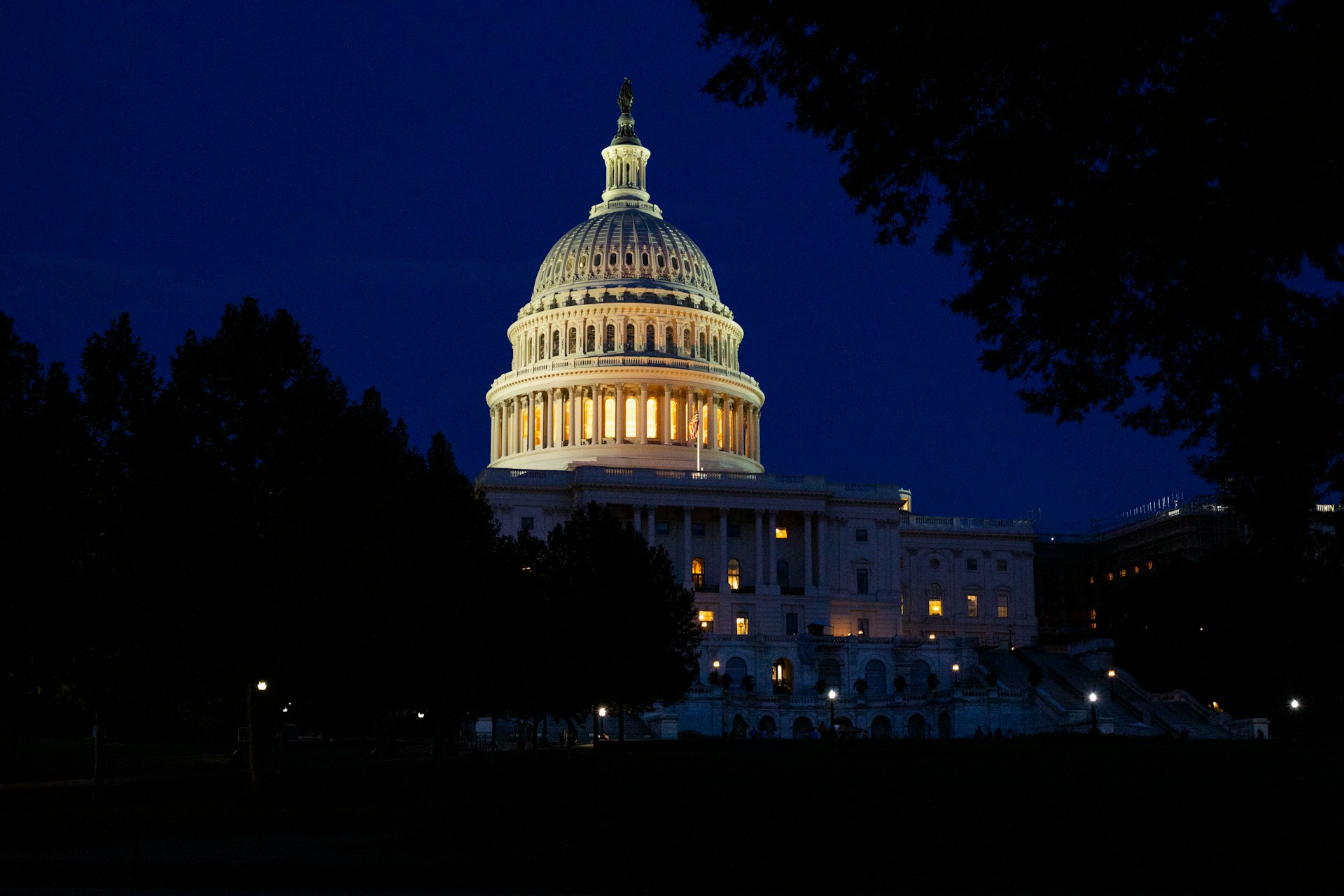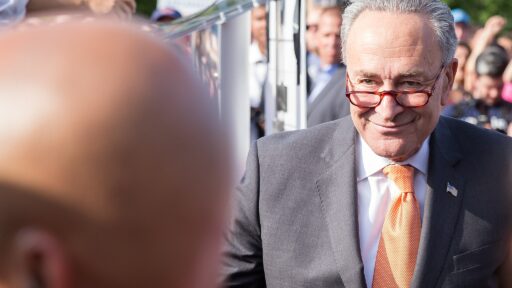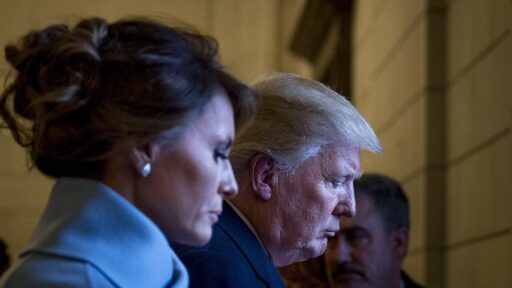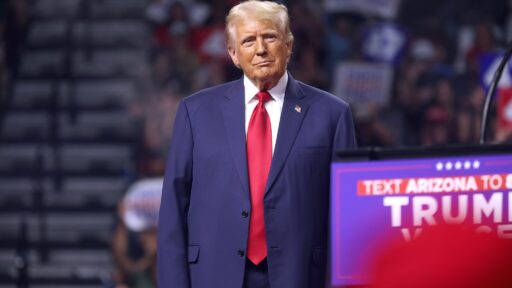This was an unexpected turn of events.
A handful of Senate Democrats are considering supporting Robert F. Kennedy Jr. for the position of Health and Human Services Secretary, despite significant resistance from within their own party. As confirmation hearings approach, sources indicate that Senators Bernie Sanders (I-Vt.) and John Fetterman (D-Pa.) might give Kennedy’s nomination a fair hearing, particularly due to shared concerns about corporate control over the food industry and the need for healthier food policies.
This openness comes at a time when Kennedy’s anti-vaccine stances have stirred controversy. While some Democrats view his views on vaccines as a threat to public health, others seem willing to overlook these differences in light of Kennedy’s broader critique of the corporate food system. Kennedy’s positions on food reform, which align with Sanders’ long-standing advocacy for healthier, more sustainable agricultural practices, have earned him support from a segment of the left. Sanders recently argued in an op-ed that large food corporations should not be allowed to profit from processed foods that contribute to obesity and diseases like diabetes. Kennedy’s campaign, too, has focused on reducing the influence of junk food ads and pushing for stronger labeling on unhealthy products.
Kennedy’s growing influence within the Trump coalition, particularly among those who are concerned about the impact of processed foods and additives, could be a strategic asset as he seeks Senate support. Recently, he met with Republican Senators such as John Barrasso (Wyo.), Shelley Moore Capito (W.Va.), and Marsha Blackburn (Tenn.) to build backing from GOP members. For his confirmation, Kennedy would need the support of nearly all Republican Senators and at least one or two Democrats, given the tight balance in the Senate.
Fetterman’s stance on Kennedy’s nomination has evolved. Although he previously mocked Kennedy’s unconventional behavior, there are signs that the Pennsylvania Senator may be willing to engage more seriously with Kennedy’s policy proposals. This shift reflects a growing trend of pragmatism in some corners of the Democratic Party, where traditional party lines are becoming less rigid, especially on issues like public health.
While Sanders and Fetterman could provide crucial support for Kennedy, other Democrats, including Elizabeth Warren (D-Mass.) and Chuck Schumer (D-N.Y.), are staunchly opposed. They are particularly wary of Kennedy’s controversial vaccine views, which they argue could undermine public trust in essential health policies. Even some Republicans have expressed reservations about his vaccine stance, which could prove to be a major hurdle to his confirmation.
Nonetheless, Kennedy remains determined to push his “Make America Healthy Again” agenda, focusing on both environmental factors and the country’s food system. If he succeeds in convincing enough Democrats and Republicans of the merits of his vision, he could make history as a rare cross-party nominee in the current polarized political climate. But much will depend on whether his supporters can overcome the skepticism around his more contentious views.


